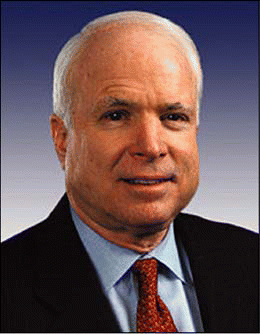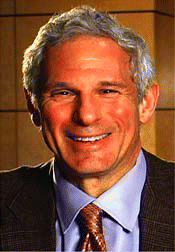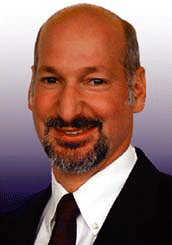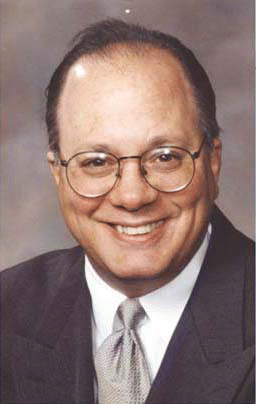In February, the Centers for Medicare and Medicaid Services (CMS) began rolling out its national Recovery Audit Contractor (RAC) program, aimed at ferreting out improper payments and preventing fraud, waste and abuse in the Medicare system. If you bill for Medicare fee-for-service, you are fair game for a RAC audit. A three-year demonstration of the RAC program, which ended in March 2008, heavily targeted bronchoscopy, injectable drugs and IV hydration therapy. But auditors are rapidly expanding the list, and the permanent program will include adenoidectomies, tonsillectomies, thyroidectomies and other otolaryngology-related procedures.

Health Care as a Commodity: Competition should be focus of health reform, lecturer says
Donald Palmisano, Esq., MD, believes the key to curing the health care crisis in the U.S. involves respecting the sacredness of the doctor-patient relationship and capping the size of malpractice awards.

Borrowing 101: Minimize risk when taking out a loan for your practice
For better or worse, medical practices are experiencing change. While many physicians are looking to expand their practice, other physicians are seeking a divorce from their current group.

Experts Urge Building Support System Before Jumping on Apology Bandwagon: ‘Be Proactive, Not Reactive’

Where Do the Presidential Candidates Stand on Health Care?

Starting Out in Practice? Some Tips for Success
Heading into the real world of practice after completing residency is a daunting task, fraught with perils. Will you get into a practice you like? Will there be sufficient support staff?

Lawyers Tell Physicians How to Protect Themselves from the Pitfalls of Employment
More often than not, today’s medical offices are businesses employing numerous staff people, as well as other physicians.

At the Sharp End of the System: Disclosure and Apology in Otolaryngology
When the team of otolaryngologists from Children’s Hospital in Boston, including Drs. David Roberson and Rahul Shah, among others, investigated the classification of errors and physician responses to errors as it is germane to otolaryngology, they provided a great service to their fellow specialists.

Case Studies: Malpractice or Bad Outcome?

AMA’s Opt-Out Provision for Sale of Physician Prescribing Data Seen as First Step
Otolaryngologists agree with their fellow physicians who prescribe drugs-pharmaceutical companies have no business buying or using information on how and when they prescribe particular drugs, nor do they want to be confronted by pharmaceutical company representatives in their office about why they do or don’t prescribe that company’s products.
- « Previous Page
- 1
- …
- 3
- 4
- 5
- 6
- Next Page »